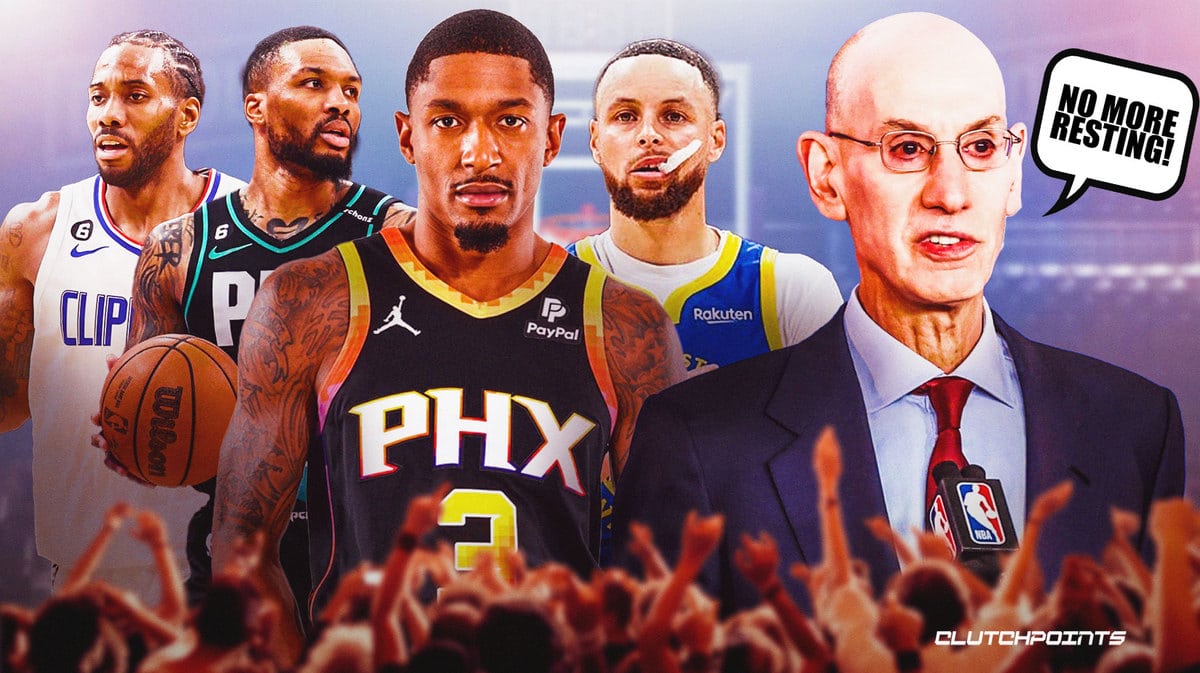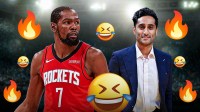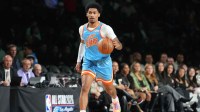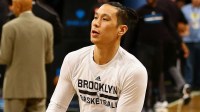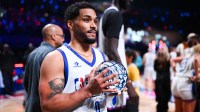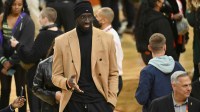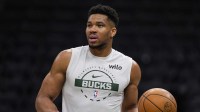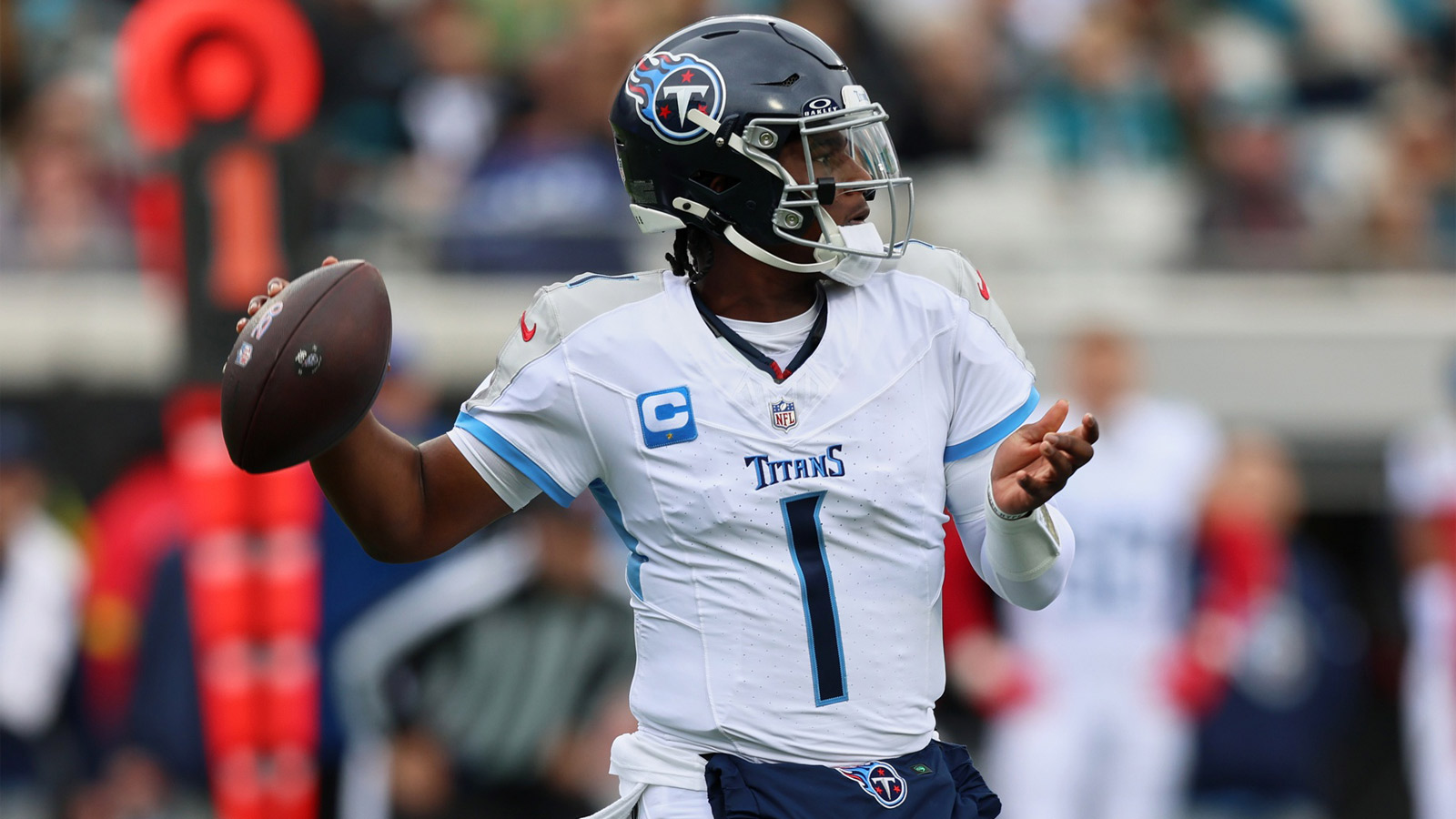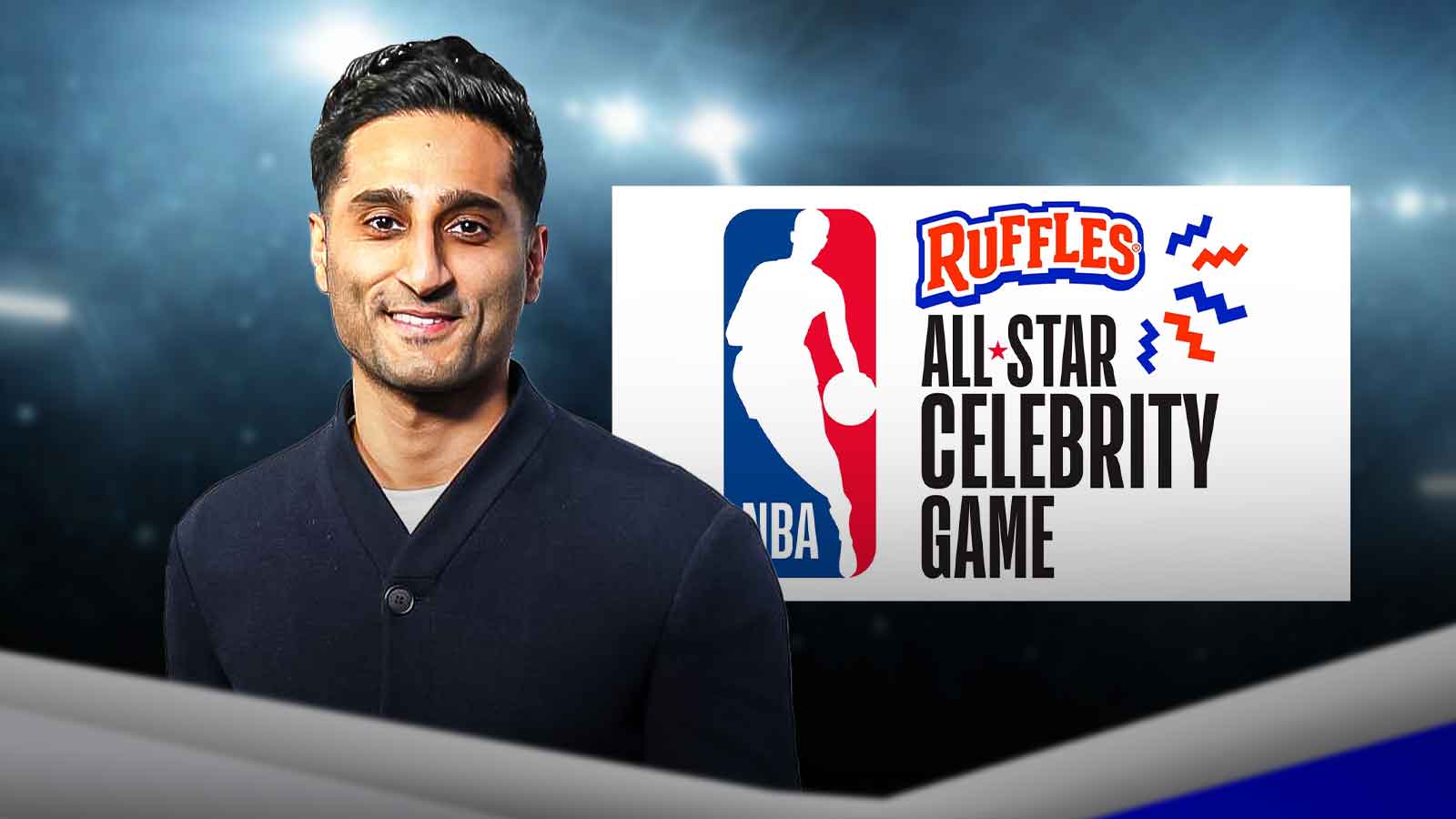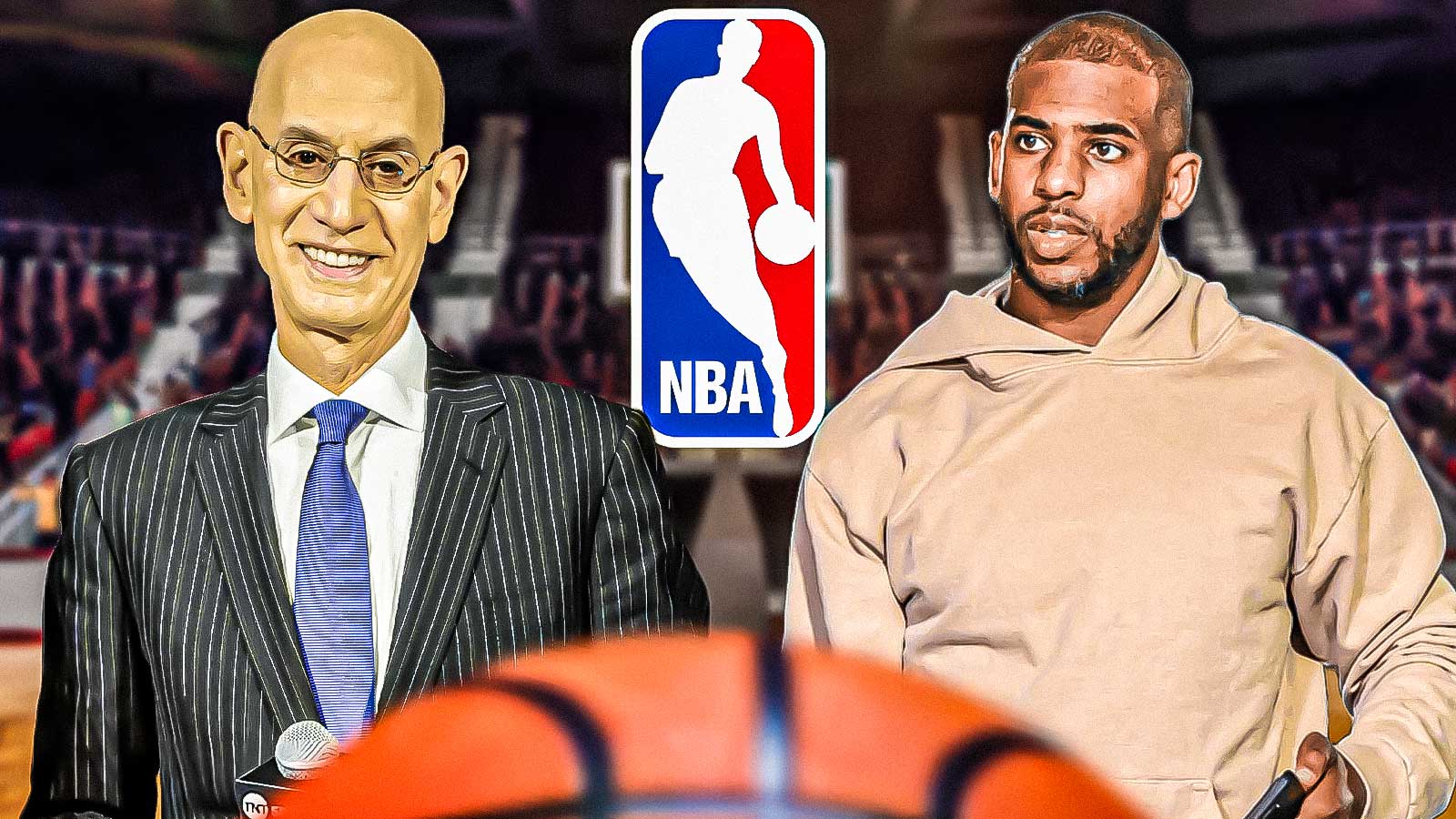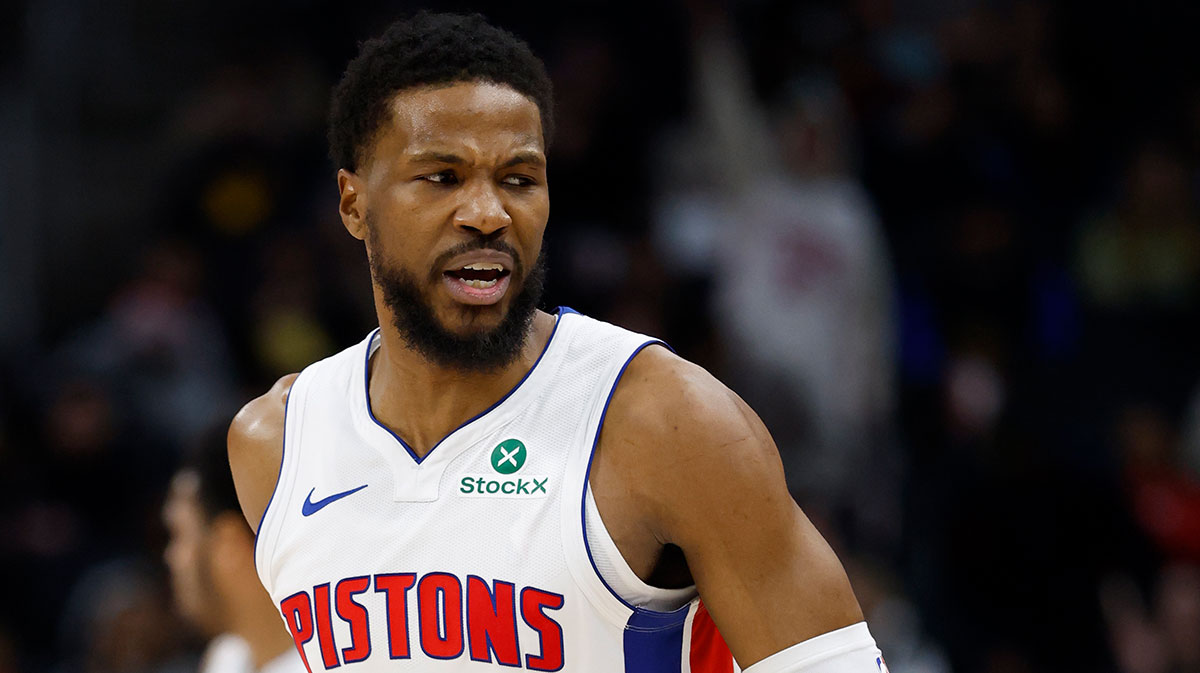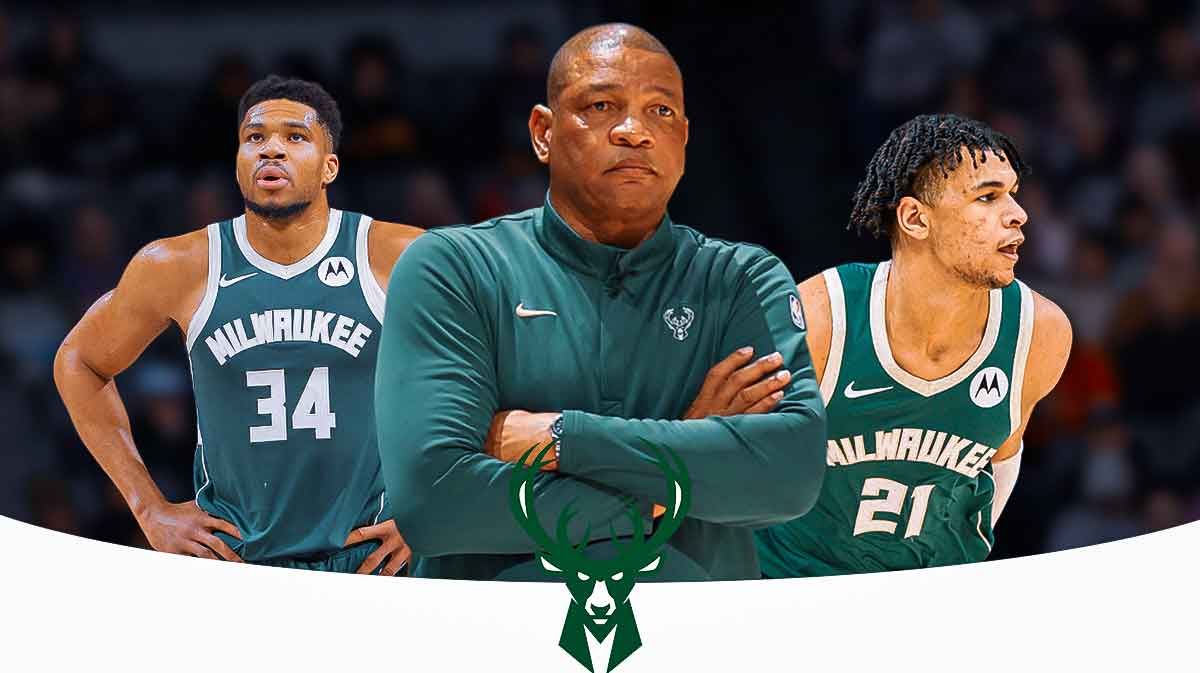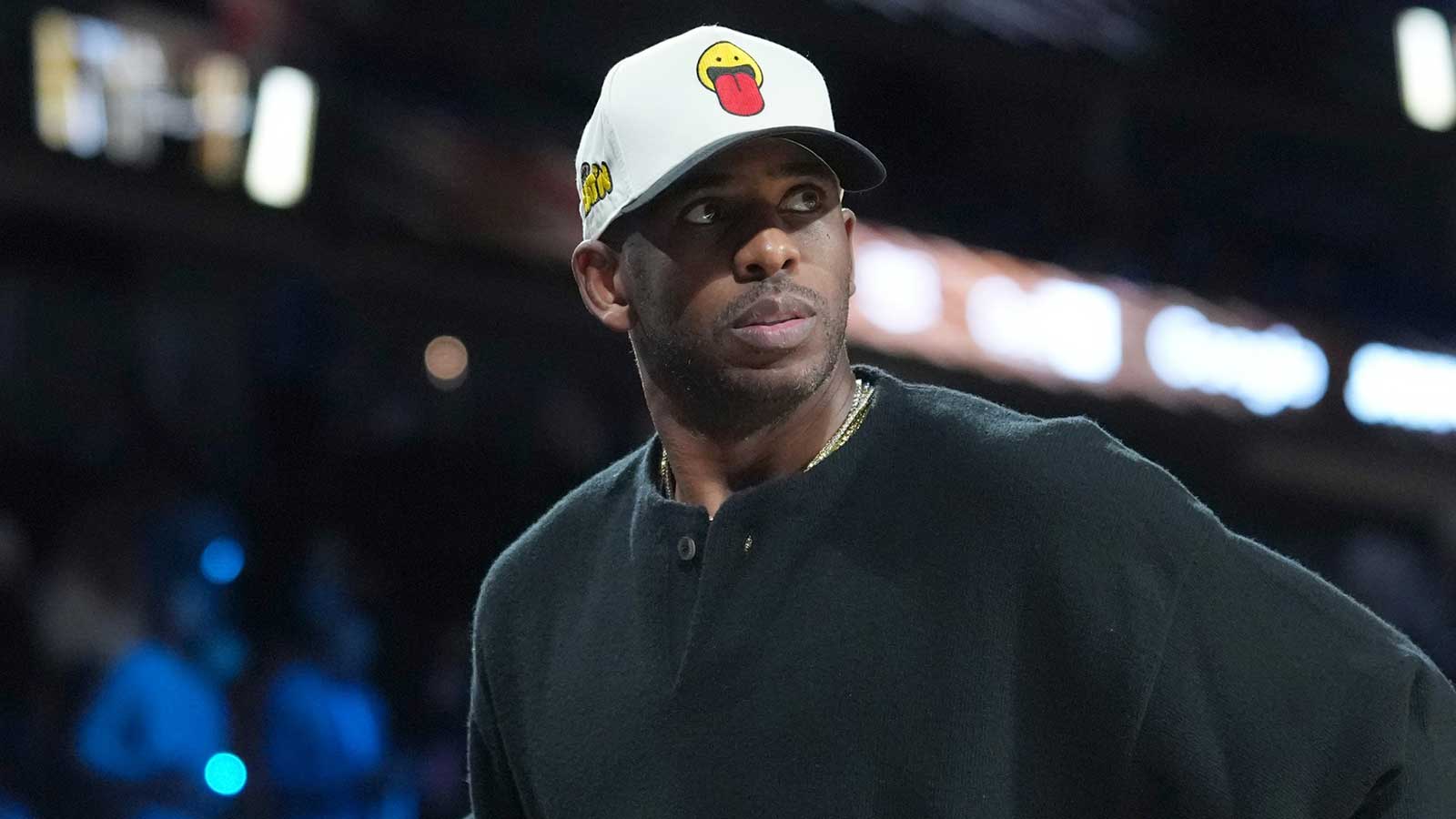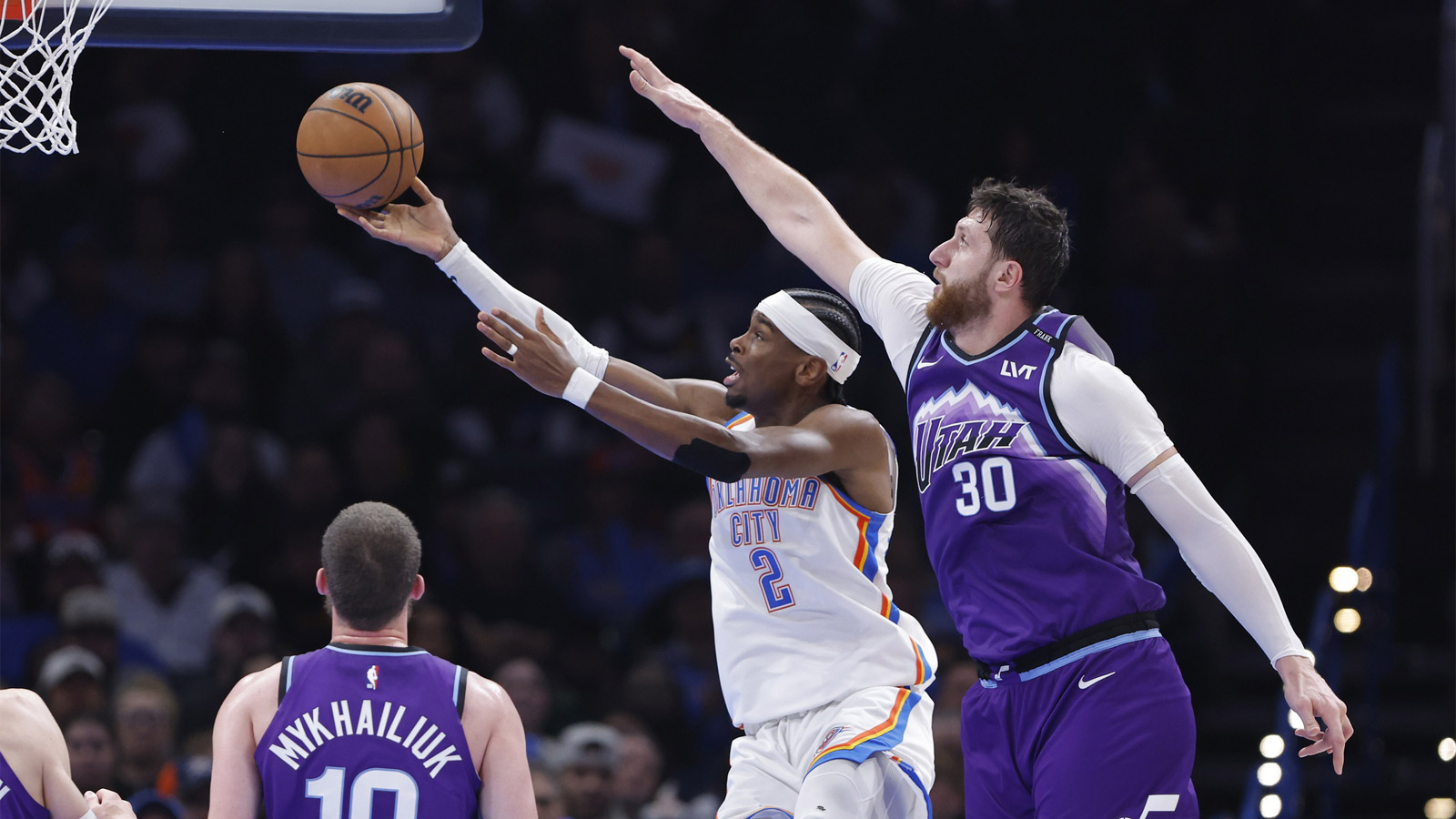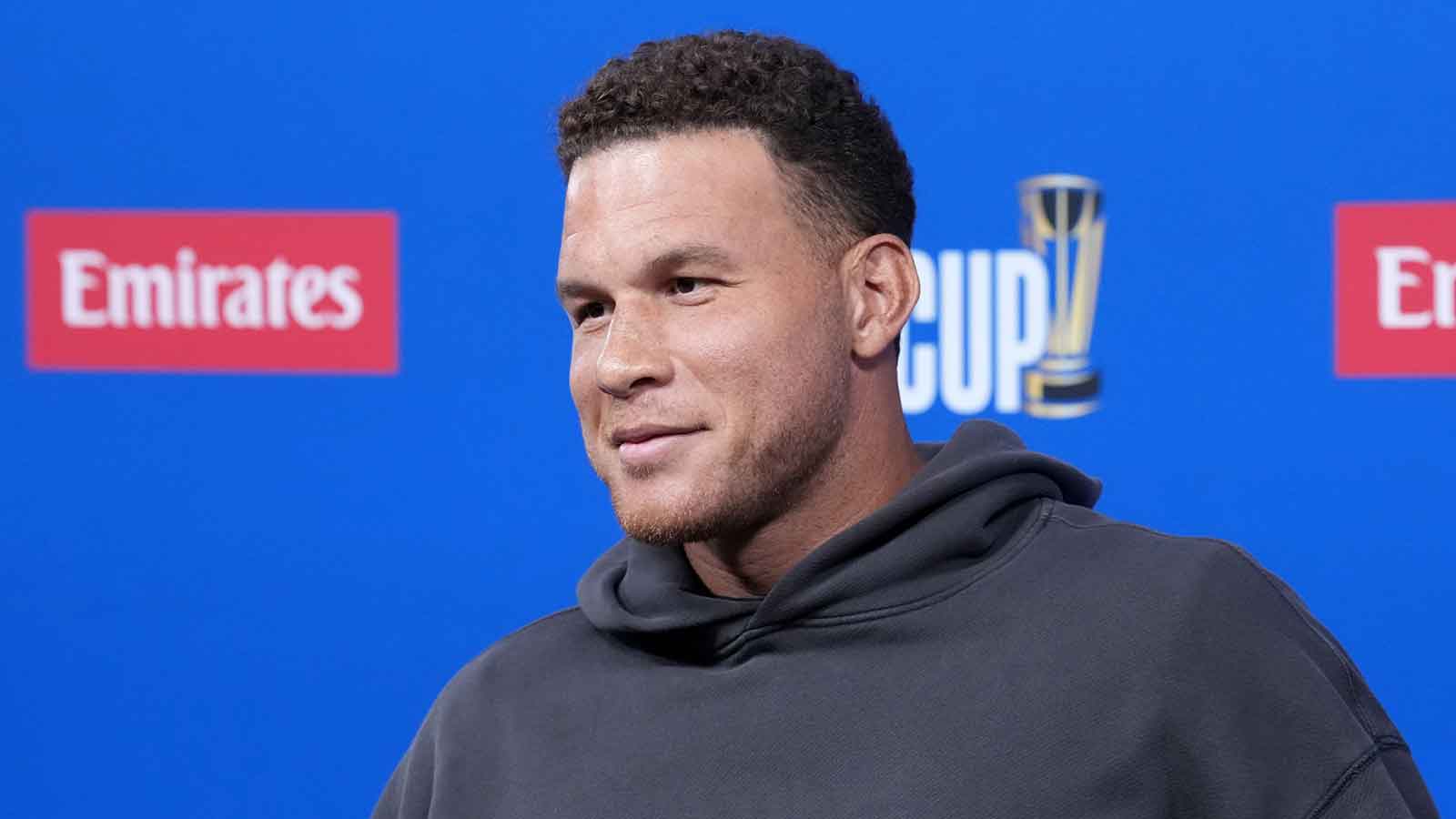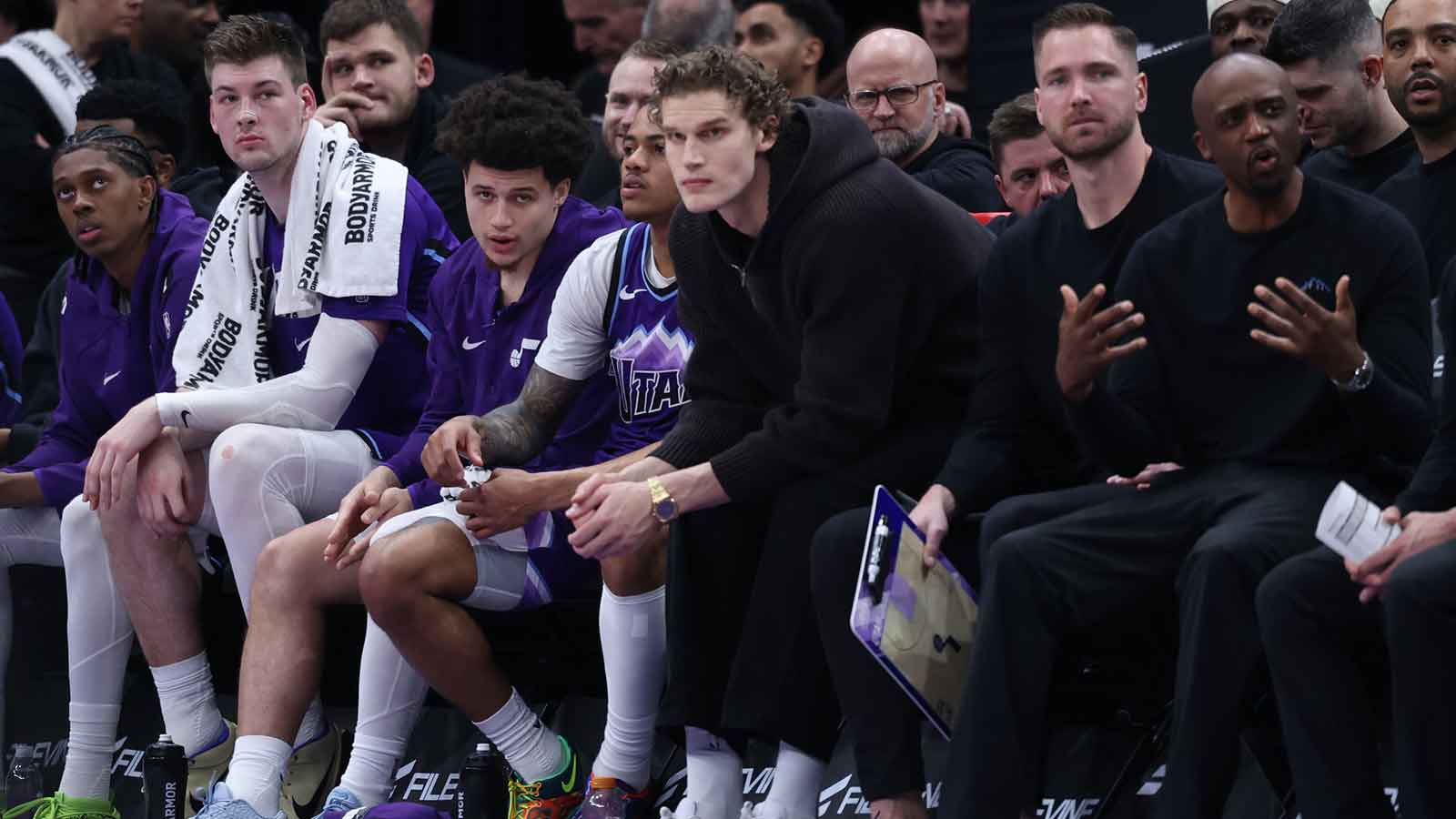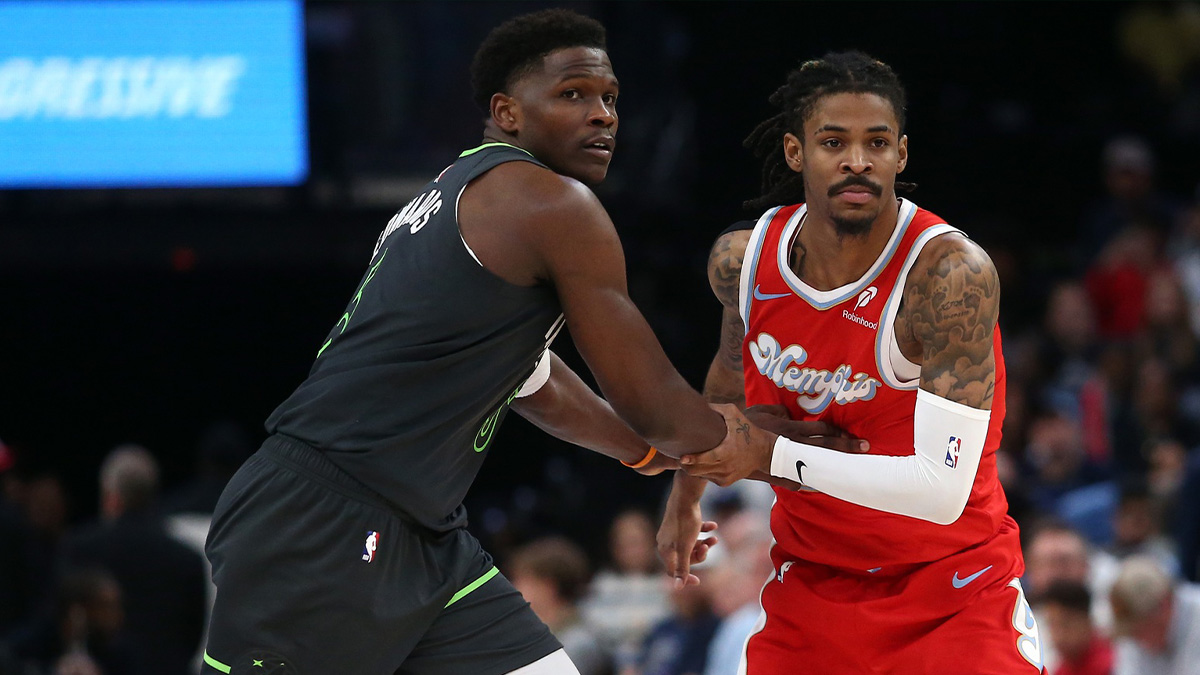NBA commissioner Adam Silver and the league office have been looking for a way to stop teams from resting their stars throughout the season, essentially ending the idea of “load management.” Earlier this week, it was revealed that the NBA's Competition Committee had come up with some stricter guidelines to regulate star players sitting out.
On Wednesday, the NBA Board of Governors voted to approve these new rule changes that will change the way teams are able to rest their stars. Stricter punishments will now be enforced for teams who rest their core players during national TV games, in-season tournament games, and sitting out multiple All-Stars in the same season, this according to the league's official release.
Here is a breakdown of all the new changes:
- No more than one star player can be made unavailable for the same game.
- Teams must ensure that star players are available for all national television and NBA In-Season Tournament games.
- A balance must be maintained between the number of one-game absences for a star player in home and road games.
- Must refrain from any long-term “shutdowns” in which a star player stops playing games.
- Healthy players who are out due to rest must be present at the games and visible to fans.
The league is defining a “star” as a player who has made the All-Star or All-NBA team within the last three seasons. This new player participation policy will be put into effect immediately during the 2023-24 season. Exceptions to the changes listed above will be made for injuries, personal reasons and pre-approved back-to-back restrictions based on a player’s age, career workload or serious injury history.
Finding a way to crack down on load management and getting the most participation from the league's best are the two main problems the NBA has been looking to solve. They are hopeful that these stricter guidelines and increases in fines to teams who withhold their talent from competition will put an end to non-injured players showing up on their team's injury report.
Then again, will these new rules actually put an end to the whole load management saga and teams resting their stars during the regular season in order to be ready for the playoffs? There is a massive grey area that organizations are going to look to exploit with Silver's new rules, especially pertaining to if players are actually hurt or not.
How teams will react to the new rules
Preventing injuries from happening is impossible and they are unfortunately part of every NBA season. Stephen Curry missed 26 games during the 2022-23 season and LeBron James missed 27 games. Also, we all know what happened with Kawhi Leonard and Paul George sitting out a ton of games with the Los Angeles Clippers, that way they would be ready to go for the end of the season and the playoffs. The list goes on and on of regular role players and stars who missed time through the years.
A lot of stars have ended up sitting out games near the end of the season for multiple reasons. For some, their team is out of the playoff race and they do not want to risk getting injured in “meaningless games.” Then, there are also teams who have clinched their playoff spots, thus they don't want to wear their stars down in games that won't count against them regardless of the outcome.
In these instances, it will be very hard for the league to enforce their new rules, especially since teams will have the ability to say their star player rolled his ankle, is dealing with a sore back, or some other type of ailment.
Referencing this situation, the NBA is trying to prevent the idea of players being shut down intentionally, much like what happened with Damian Lillard and Bradley Beal. Both All-Stars missed a ton of time at the end of the 2022-23 season since their teams were not good and they were going to be missing the playoffs regardless of their star's status. This will no longer be tolerated and teams will be fined should the league determine that said player was simply sitting out with no injury.
Looking at these rule changes pertaining to load management though, it is going to be difficult for the league to penalize teams in the middle of the season when players sit out for rest. Team injury reports always end up having certain guys with sore knees, ankles, back, etc.
How is the league going to determine if a player is healthy or not and could have played in the second game of a back-to-back or a nationally televised game? Do they really want players like LeBron and Curry featured in all 82 games of the regular season, putting them more at risk for long-term injury and potentially missing the playoffs?
The NBA makes their money by marketing their marquee matchups and talents. Everyone wants to see the Boston Celtics, Los Angeles Lakers and Golden State Warriors, which is why they have the most nationally televised games. If Curry or James or another star winds up sitting out these games for rest, it doesn't make the league as a whole look good. That is why these changes are being made and the league is promoting player performance at a higher standard.
The problem is that penalizing stars and their teams for sitting out isn't necessarily the solution, especially if a player truly needs rest to avoid injury. Organizations are going to be exploiting these loopholes and it wouldn't be surprising to see some owners show a willingness to pay fines in order to make sure their star players are 100 percent ready for the postseason.
This is going to be a learning process for the NBA, and teams alike, over the course of the 2023-24 seasons. Changes and revisions to the rules will be made and there will be plenty of discussions throughout the year due to the fact of players missing games. At the end of the day, the NBA is a business and sometimes, sitting a star and losing one regular season game could wind up being a better decision for some franchises to avoid injuries.
Winning a championship is the only thing all 30 teams in the league care about, or so we are led to believe, which is why they are going to do what is in their best interest for long-term success.

